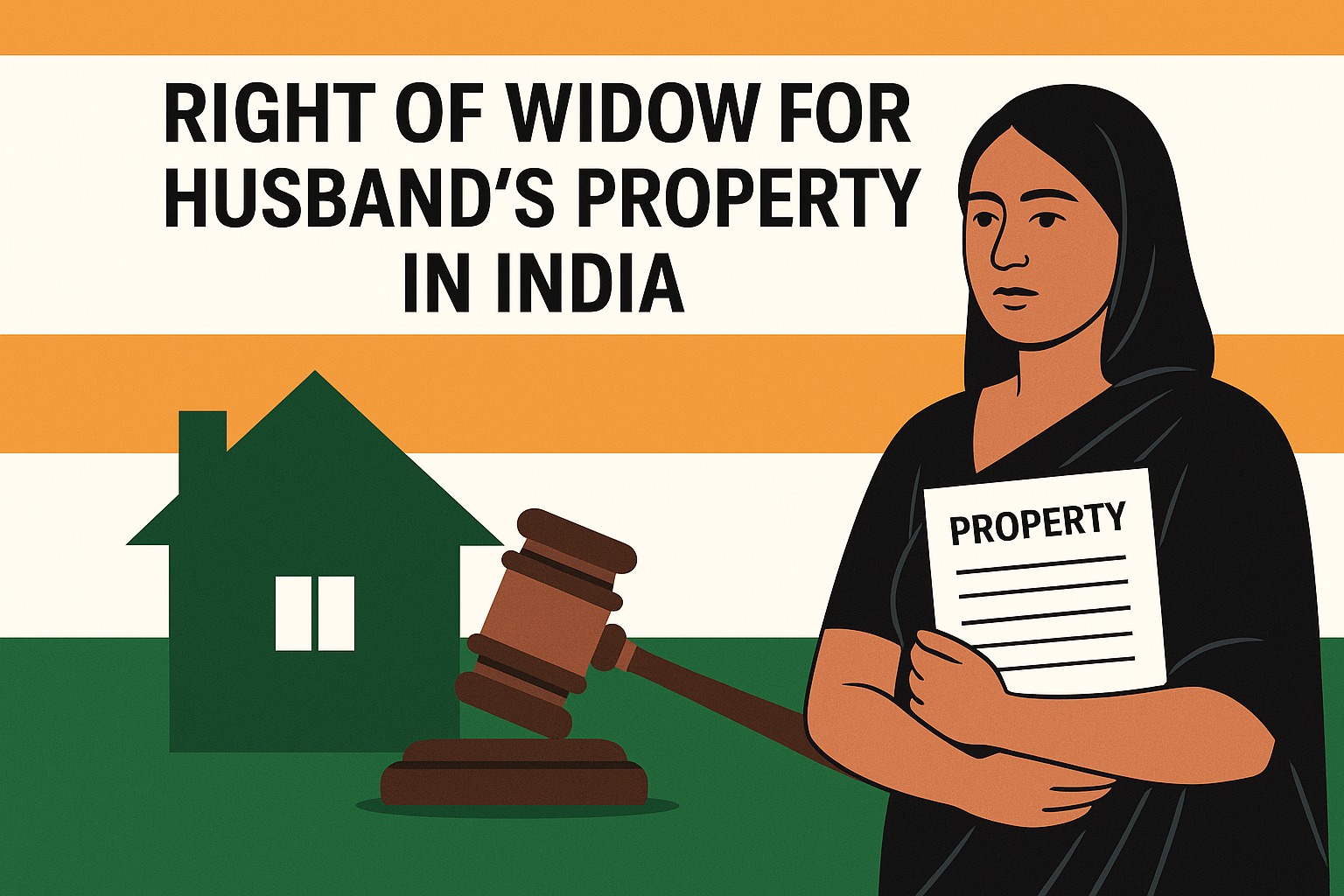Kemp, J.@mdashThis is a suit, the substantial object of which is to have a deed of conveyance by one Rani Dhan Kower, dated 13th or November 1854, declared to be not binding as against the plaintiff beyond the lifetime of Dhan Kower. The plaintiff has asked to have the deed of sale cancelled, but it does not follow that because he has asked too much, the Court will refuse to give him that relief which he may be entitled to. The plaintiff claims as reversionary heir to Harnarayan, the defendant Dhan Kower is the alienor, the defendant Moulvi Shamsul Hoda is the alienee.
2. The Judge disposes of the suit by observing that there is no sufficient reason for making a declaratory decree, inasmuch as the alienation which took place 14 years ago may be as effectually questioned on the death of Rani Dhan Kower whenever that event may take place as now; that it is by no means certain whether the plaintiff will be able to question the alienation when the succession opens out to him on the death of the alienor. The Judge then quotes certain rulings in the cases of Baboo Matilal v. Rani of Maharaj Bhoopsing 8 W.R. 64, Phulchand Lall v. Rugghubuns Sahai 9 W.R. 108 Kenaram Chuckerbutty v. Denonath Panda 9 W.R. 325, Puree Jan Khatun v. Bycuntchunder Chuckerbutty 9 W.R. 380, Brinda Dabee Chowdrain v. Partial Chowdhry 8 W.R. 460, in support of his opinion that the suit of the plaintiff is premature, and dismisses it with costs.
3. We are of opinion that the suit of the plaintiff has been dismissed on insufficient grounds.
4. The first cause quoted by the Judge is to the effect, that in suits where no substantial relief is sought, the Court ought to be particular in giving a declaratory decree. In this suit a substantial relief is sought. A reversioner can, during the life-time of the alienor, commence a suit to declare that a conveyance is not binding upon him beyond the life of the alienor. The relief sought for is plain and substantial, viz., that the deed of conveyance be declared to be not binding upon the plaintiff beyond the life-time of the alienor. It is of course in the discretion of the Court to make a declaratory decree or to refuse to do so, but this discretion must be guided by reason and not be arbitrary.
5. A plaintiff asking for a declaratory decree must show that some act has been done which is hostile to or invades his right. In this case the act of Dhan Kower clearly invades and is hostile to the plaintiff''s rights as a reversioner, and a suit during the life-time of the alienor will most clearly lie. This has been ruled by the Full Bench in their decision in the case of Gobindmani Dasi v. Shamlal Bysak Case No. 79 of 1862; April 7th 1864, (B.L.R. Sup. 48). The other cases alluded to by the Judge refer to suits to set aside Thackbust awards which did not invade the rights of the plaintiff in those suits.
6. In the case of Mussamut Pranputty Koer v. Lalla Futteh Bahadoor Singh 2 Hay 608, cited by the Judge, there had been no alienation by the widow, but a simple declaration made by her in a Warasatnama, which of course was no evidence against the reversioner and could not bind him. We are therefore of opinion that under the ruling of the Full Bench quoted above, this suit will lie. The plaintiff may not be entitled to ask to have the deed cancelled, but he is competent to ask for a declaration that is not binding upon him beyond the life of the alienor.

